For the third consecutive day, Accra, the capital of Ghana, witnessed impassioned demonstrations as hundreds of protesters gathered to voice their frustrations over the nation’s escalating economic hardships.
The protests, organized by Democracy Hub, have been marked by soaring living costs and a scarcity of job opportunities, causing significant concern among the populace.
Join our WhatsApp ChannelGhana, renowned for its production of gold, oil, and cocoa, is currently grappling with one of its most severe economic crises in decades, primarily attributable to mounting public debt.
Saturday’s protest saw demonstrators, some waving placards and the national flag, marching through the city streets while being closely monitored by riot police.
READ ALSO: CPPE Lauds Cardoso’s Nomination As CBN Governor, Presents Ten-Point Agenda
In a bid to prevent protesters from reaching Jubilee House, the presidential residence, the police erected barricades. The symbolic significance of this location has not been lost on the organizers, who have declared their intent to occupy it.
The three-day protest commenced with a police report indicating that 49 individuals had been apprehended on the first day for participating in an unauthorized gathering and violating the Public Order Act. However, there have been no additional reports of arrests, and the situation appeared relatively calm on Saturday.
This latest wave of protests echoes the demonstrations that erupted last year due to surging prices and other economic challenges, leading to clashes between protesters and law enforcement.
Ghana’s economic troubles have persisted despite the government’s efforts. In May, they entered into a $3 billion, three-year loan agreement with the International Monetary Fund.
Critics argue that these measures have not done enough to assist those struggling to make ends meet in the face of the prolonged economic downturn.
According to the World Bank, Ghana’s economic growth is expected to decelerate to 1.5% this year, down from 3.1% in 2022, and remain sluggish at 2.8% in 2024 before potentially recovering to its potential growth rate by 2025.
The year 2022 witnessed a confluence of internal disparities and external disruptions, resulting in significant macroeconomic difficulties for Ghana. This included currency devaluation, escalating inflation, and a sharp decline in investor trust.
Despite a recent dip in inflation to 40.1% in August from 43.1% in July, many citizens claim they have yet to see the effects of this improvement in the markets.
Emmanuel Ochayi is a journalist. He is a graduate of the University of Lagos, School of first choice and the nations pride. Emmanuel is keen on exploring writing angles in different areas, including Business, climate change, politics, Education, and others.


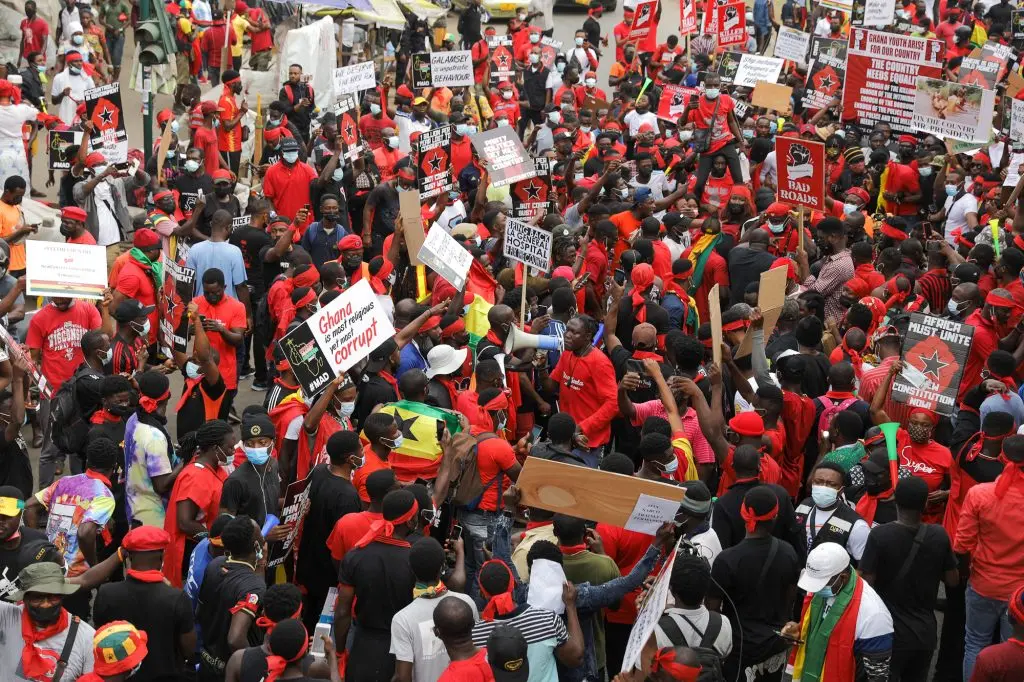

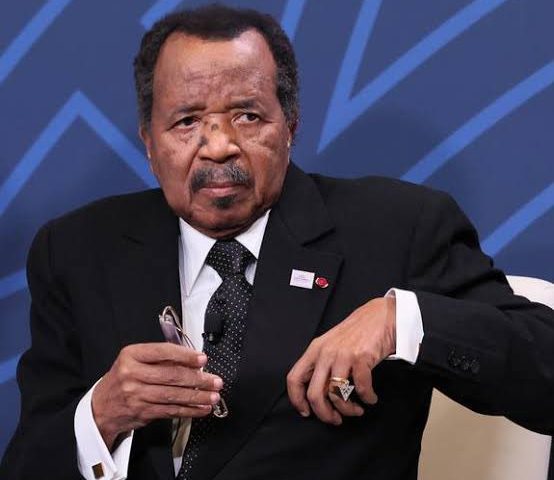

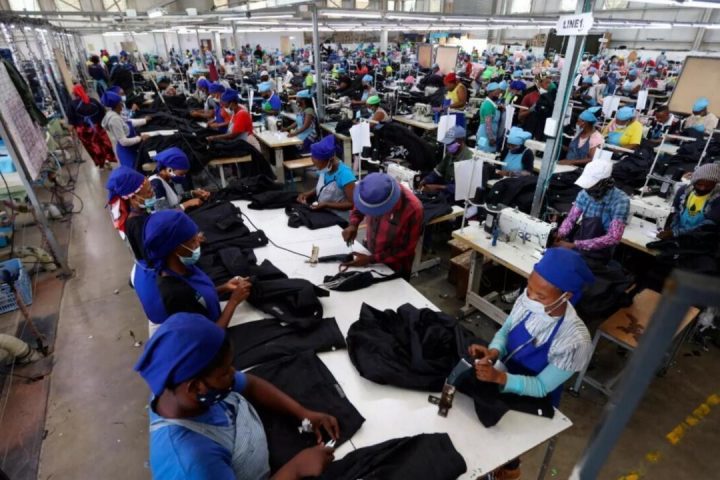







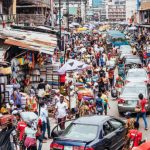
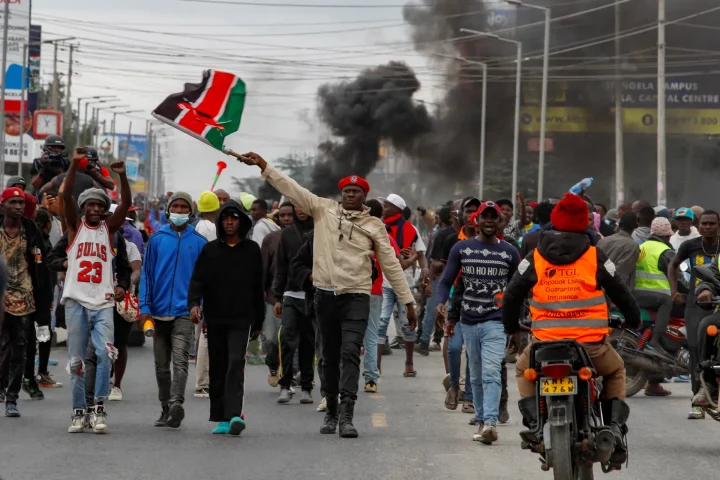
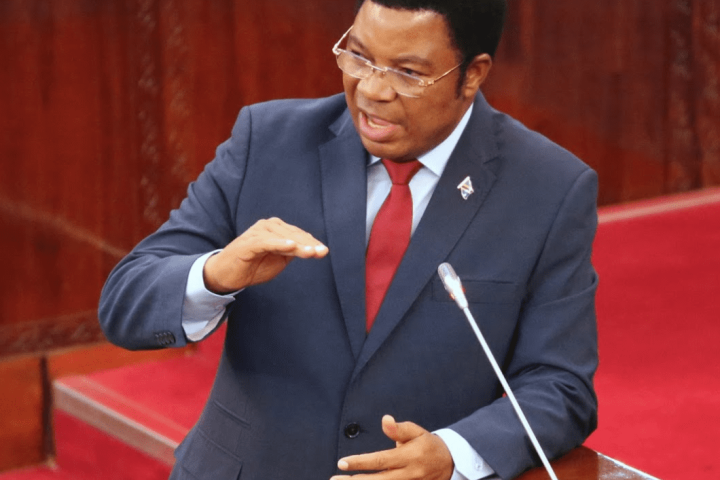
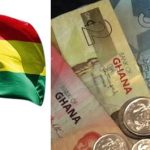
Follow Us